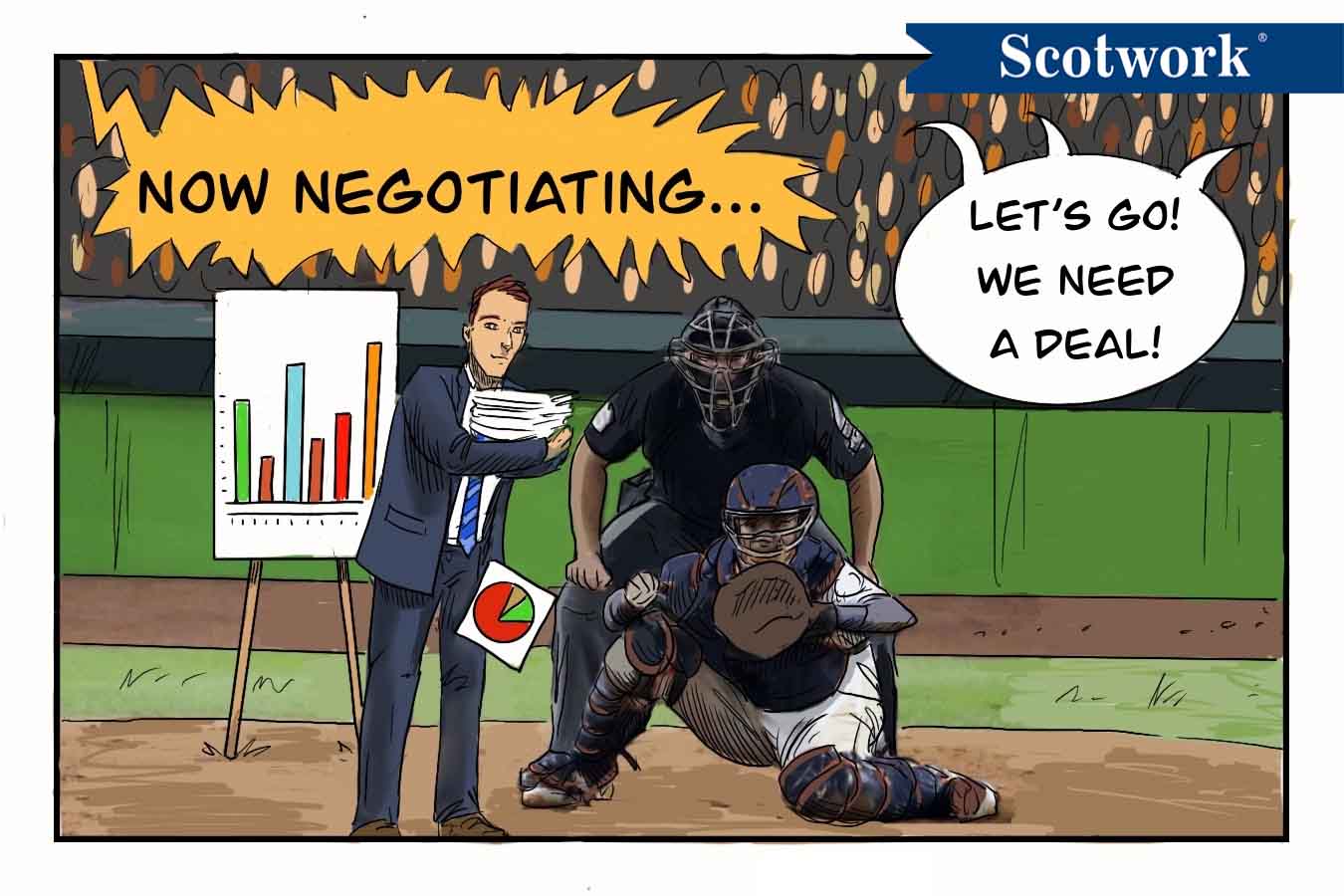Baseball season is officially underway, and once again, data and analytics have taken center stage. From traditional stats like batting average (BA) and earned run average (ERA) to advanced metrics like wins above replacement (WAR), weighted On-Base Average (wOBA), spin rates, launch angles, and exit velocities, teams are leveraging data to enhance their competitive edge. Analytics help pinpoint improvements, optimize pitcher-batter matchups, and strategically position players on the field.
As a lifelong Dodgers fan who enjoyed my first game of the season this week, I admit my team’s fans have embraced analytics — and maybe a slightly intimidating payroll. If you're not a Dodgers fan, I can almost hear your groan from here. Yes, we've used our data prowess and deep pockets to attract incredible talent, but, hey, we still have to play the games, since nothing is ever guaranteed. (Ask any Dodgers fan about our post-season collapses.) Even with all the star power and cutting-edge analytics, the unpredictability of baseball still thrills and frustrates us.
This ocean of data notwithstanding, baseball remains stubbornly unpredictable. Intangibles like team chemistry, individual desire, and clutch performances often decide the game. These elements defy quantification, but they're what truly separate every other team from World Series champions. After all, analytics can't quite capture why some players always seem to step up when it matters most or why certain teams click in ways that defy the individuals’ stats.
Negotiations mirror this phenomenon. Many of our clients are data-driven organizations, meticulously analyzing every possible metric to justify their positions. Data provides comfort and confidence, but there's a catch: Over-reliance on data often leads negotiations into endless battles. Plus, let’s face it, your counterparts have their own analytics. Suddenly, you’re both drowning in spreadsheets, with little room left for actual progress.
I've seen negotiations stall when both parties endlessly debate numbers without considering intangibles like motivations, priorities, and needs. Numbers alone rarely convince anyone; it’s the story behind those numbers and the relationships between negotiators that truly move things forward.
Winning in negotiation, much like winning in baseball, requires balancing hard data with intangible factors like motivation, flexibility, personality, and collaboration. To succeed, negotiators need sound data as well as instinct.
Here are 5 points to remember when striking this balance . . .
- Do your analysis, but don’t let your data consume you: Data is great — until it paralyzes you. Know when to put the spreadsheet away and focus on the human element.
- Uncover motivations: Get to know the “why” behind the numbers. Understanding what’s really driving your counterpart helps you craft better solutions.
- Embrace flexibility — even if it’s painful: Don’t get locked into a position simply because it’s suggested by data. Though sometimes uncomfortable, being flexible may open new possibilities.
- Relationship-building beats robo-negotiating: Genuine human connections create trust, and trust isn't built by algorithms. People negotiate with people, not with spreadsheets.
- Channel your inner clutch performer: As in baseball, acting decisively in high-pressure negotiations can turn good outcomes into great ones. Those who handle pressure calmly and confidently typically win the day.
Ultimately, analytics can give you confidence and even an advantage, but instincts, skills, and human insights close the deal. Whether it’s in the boardroom or at the ballpark, the best outcomes blend hard facts with human factors. Go, Dodgers!
We Can Help You Balance Sound Data with Instinct.
Don’t let data run you. Instead, knock your deal out of the park with Scotwork negotiation training. Scotwork’s 50 years of experience will help you strike a balance between hard data and human intangibles.

